You are warmly welcomed to today’s research process seminar. Hosted in FMC but open to all.
Today’s speaker is Prof. Anders Olof Larsson
Anders is one of the world’s leading researchers of online political communication. He is also a truly interdisciplinary scholar and has mastered the methods of extracting and analysing social media data from all of the major platforms. His talk will reflect on his 10+ years of working on social media platforms, and how the rules and methods of collecting data have changed.
Bio:
Anders Olof Larsson (PhD, Uppsala University, 2012) is Professor at the Department of Communication, Kristiania University College. Larsson was previously a Postdoctoral Fellow working in the Social media and Agenda-Setting in election campaigns project at the Department of Media and Communication, University of Oslo. During his PhD work, which was funded by The Swedish Research School of Management and Information Technology, Larsson took part in the 2011 Oxford Internet Institute Summer Doctoral Programme. His PhD thesis – “Doing Things in Relation to Machines – Studies on Online Interactivity” (pdf) – was awarded the 2012 Börje Langefors award (for best Swedish thesis within the field of Informatics) and the 2012 FSMK Doctoral Dissertation award (for best Swedish thesis within the field of media and communication studies). Anders Olof Larsson’s research interests include the use of online interactivity and social media by societal institutions and their audiences, journalism studies, political communication and methodology, especially quantitative and computational methods. As of January 2021, Larsson’s work has been cited 4147 times, resulting in an h-index of 33 and an i10-index of 57. In June of 2017, Larsson was ranked as among the top 100 most productive researchers in Norway. In October 2020, Larsson was the only communication & media studies scholar with a Norwegian affiliation ranked among the top 2 % in his field worldwide following a ranking from Stanford University
The subject of Anders’ session is: Social media analysis – possibilities and pitfalls
What types of data can we get from different social media platforms, such as Facebook, Instagram or Twitter? I will present the possibilities we currently have, and I will also touch upon some interesting opportunities for analysis of social media data.
April 19th, 2pm on Zoom.
https://bournemouth-ac-uk.zoom.us/j/9292103478?pwd=UzJnNTNQWDdTNldXdjNWUnlTR1cxUT09
Meeting ID: 929 210 3478
Passcode: rps!4fmc
We hope to see you there!

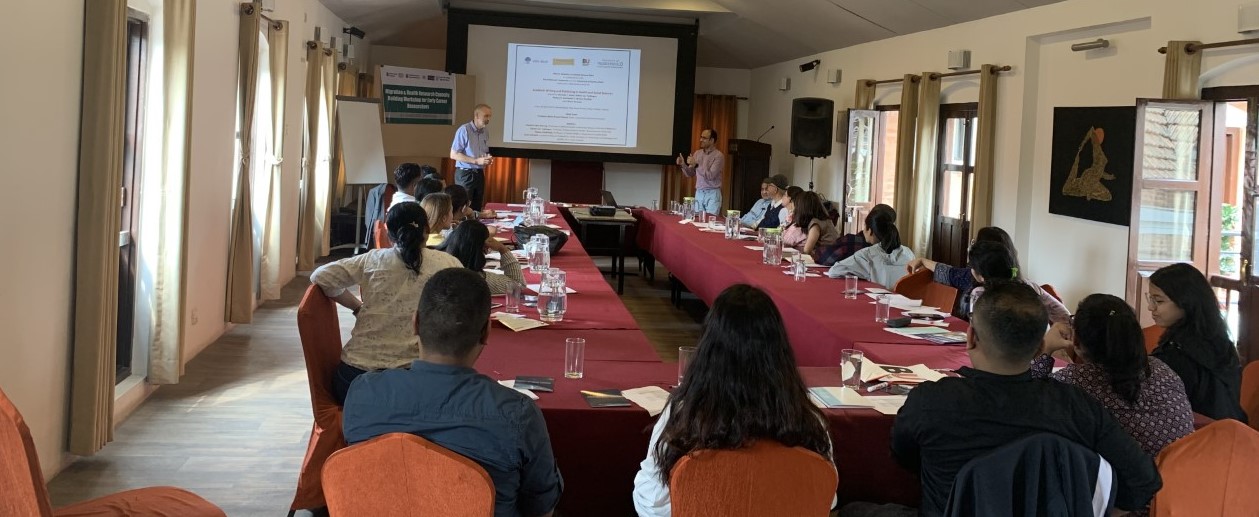

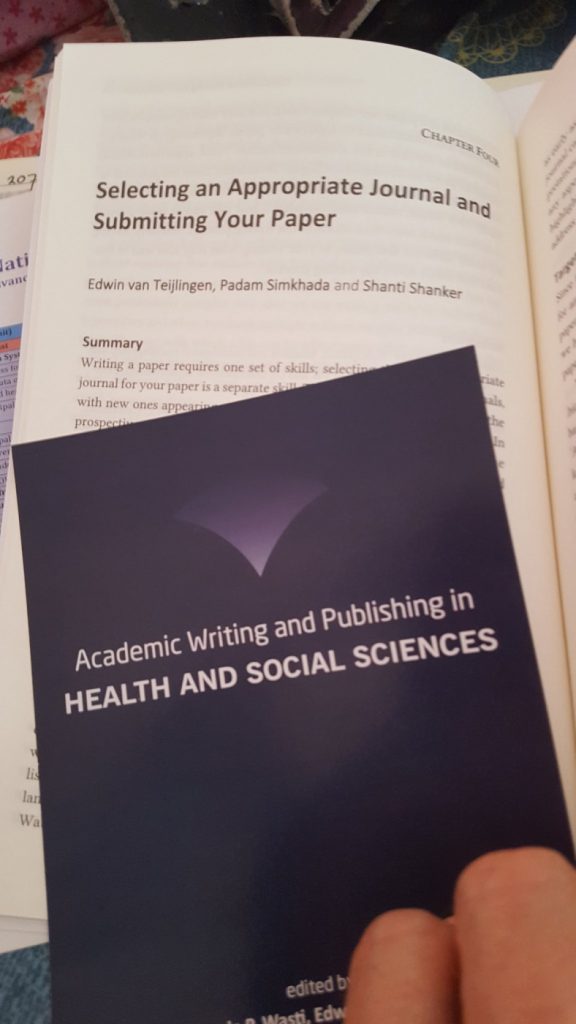
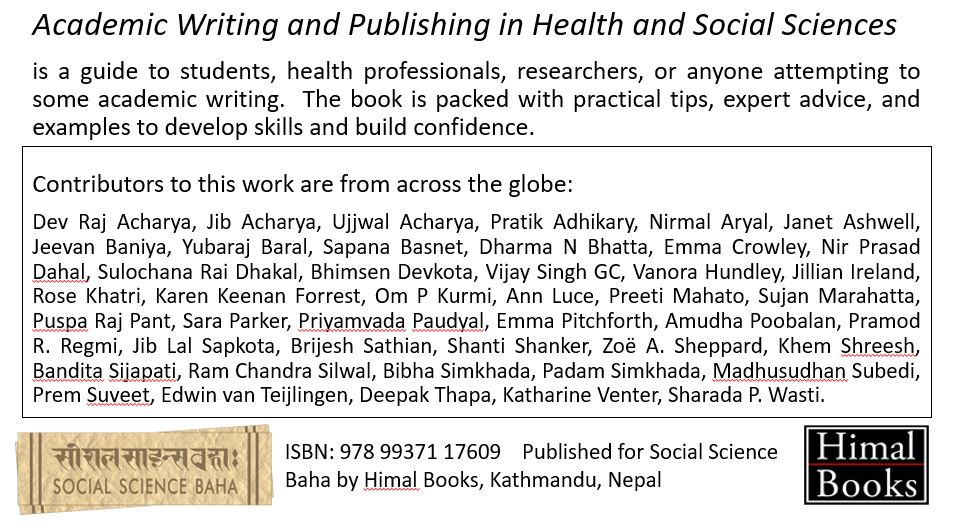
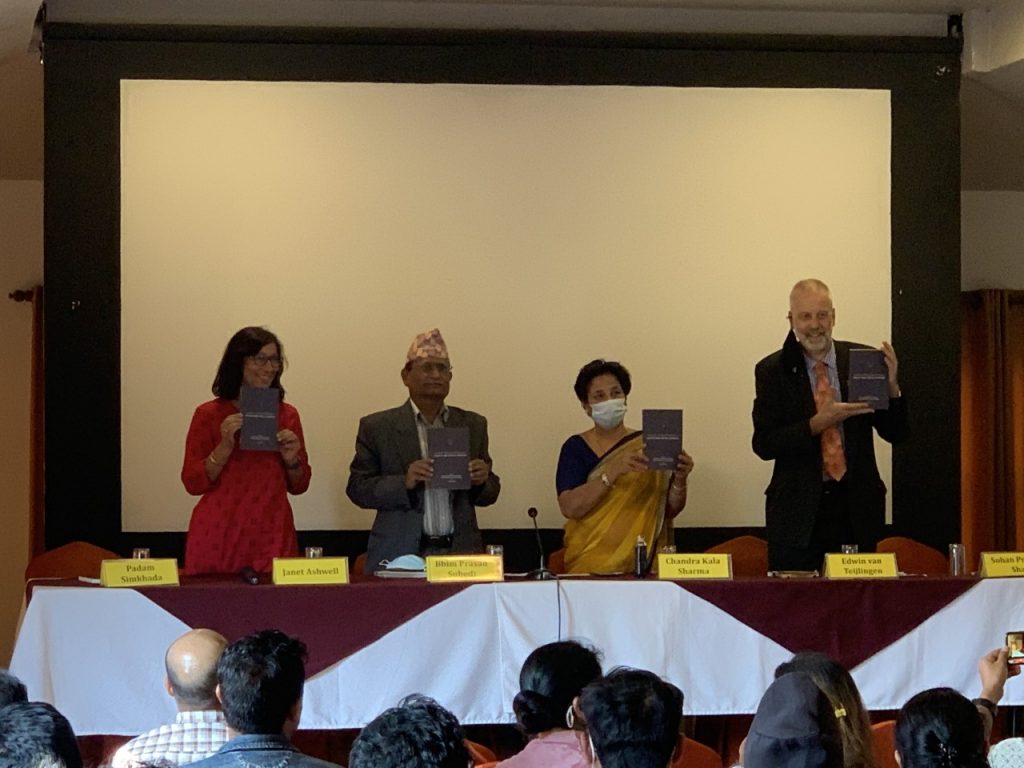
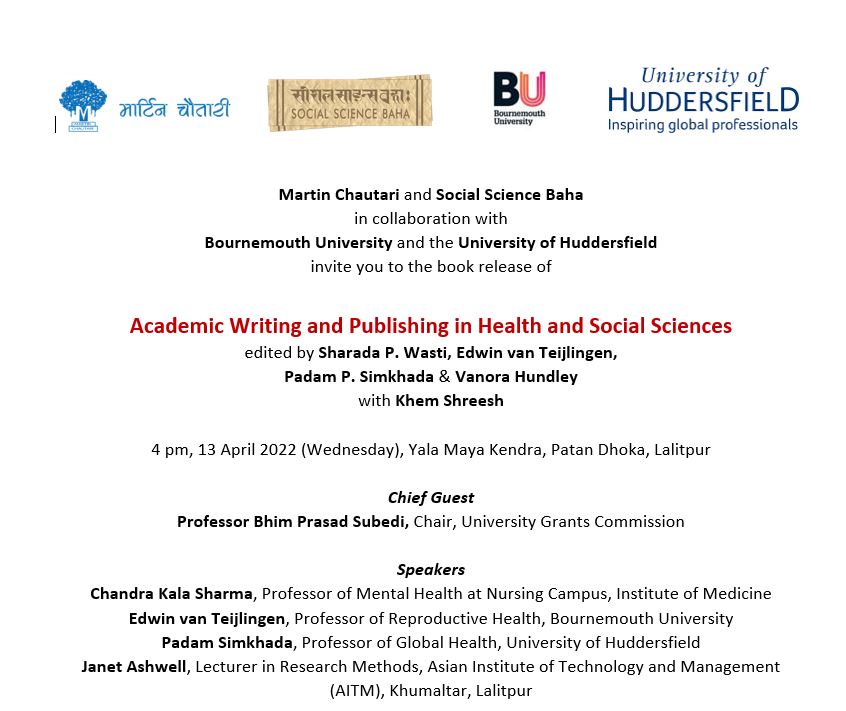

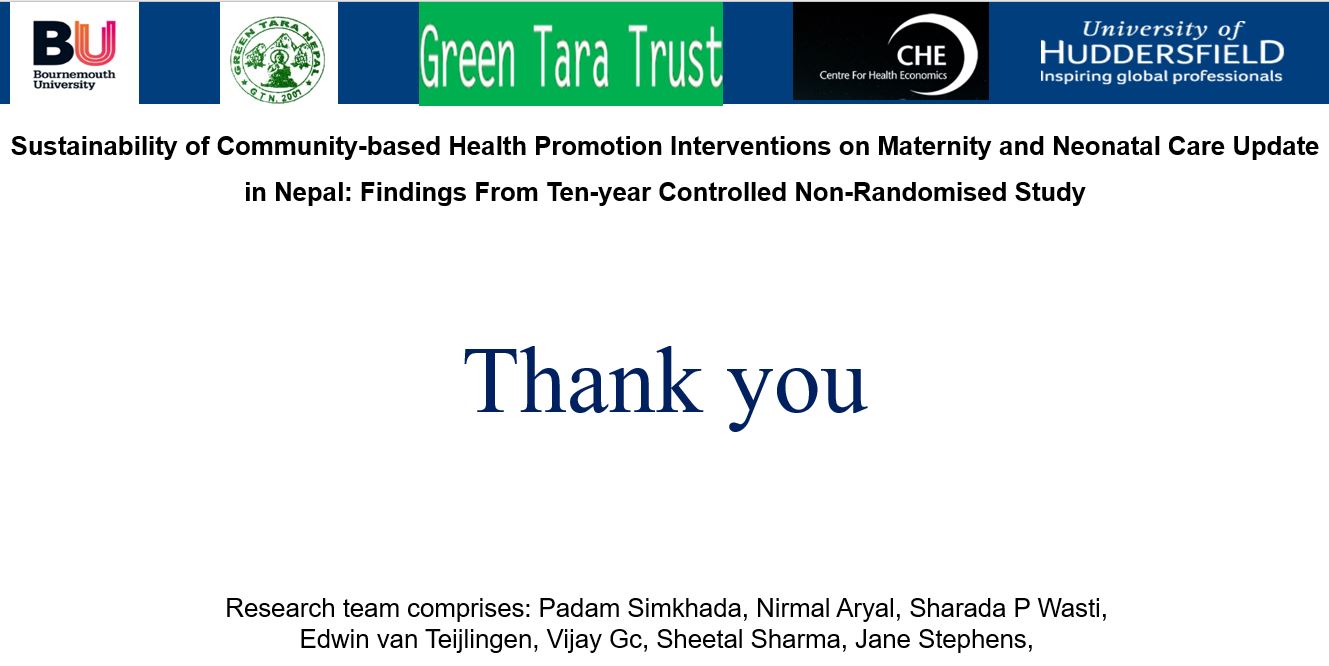
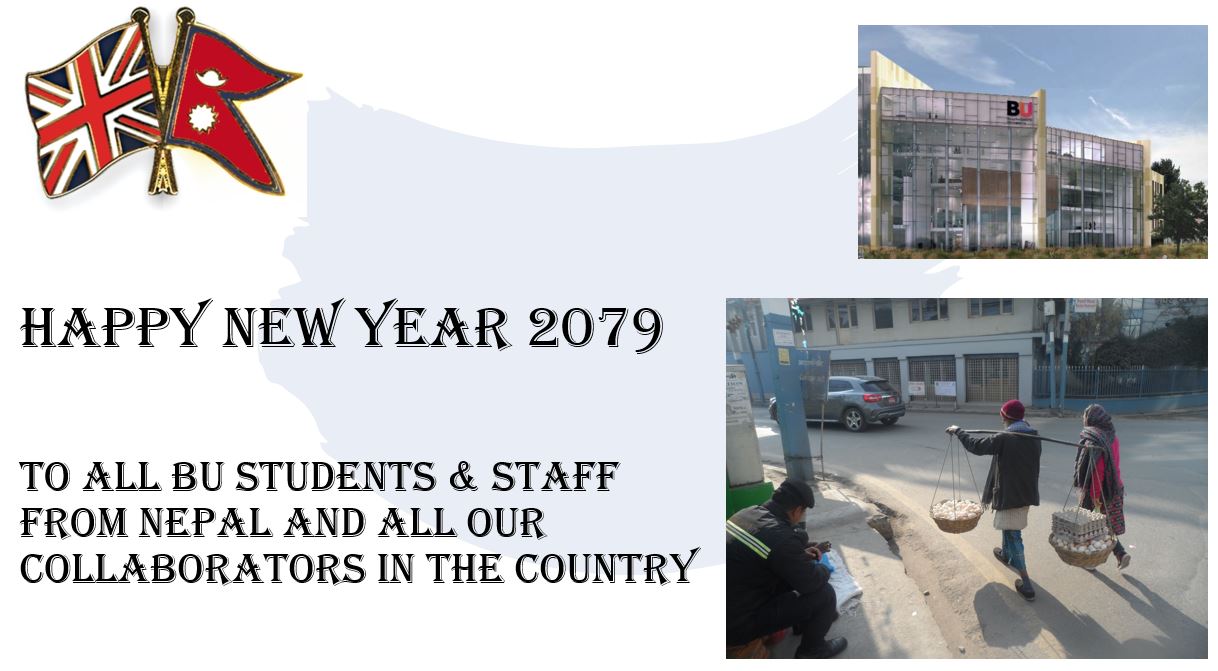
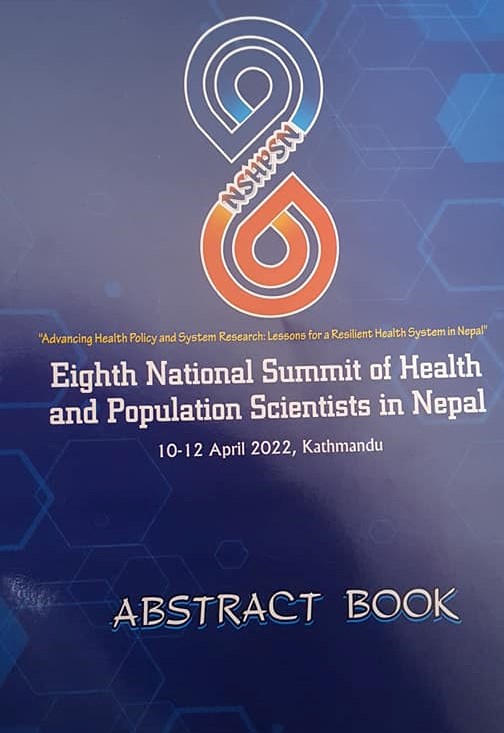
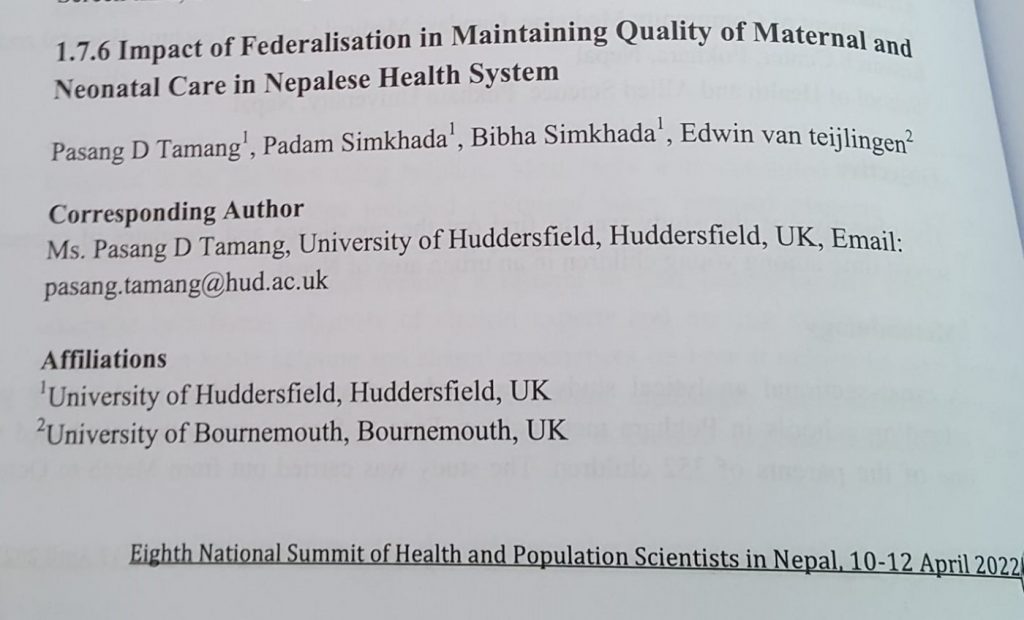
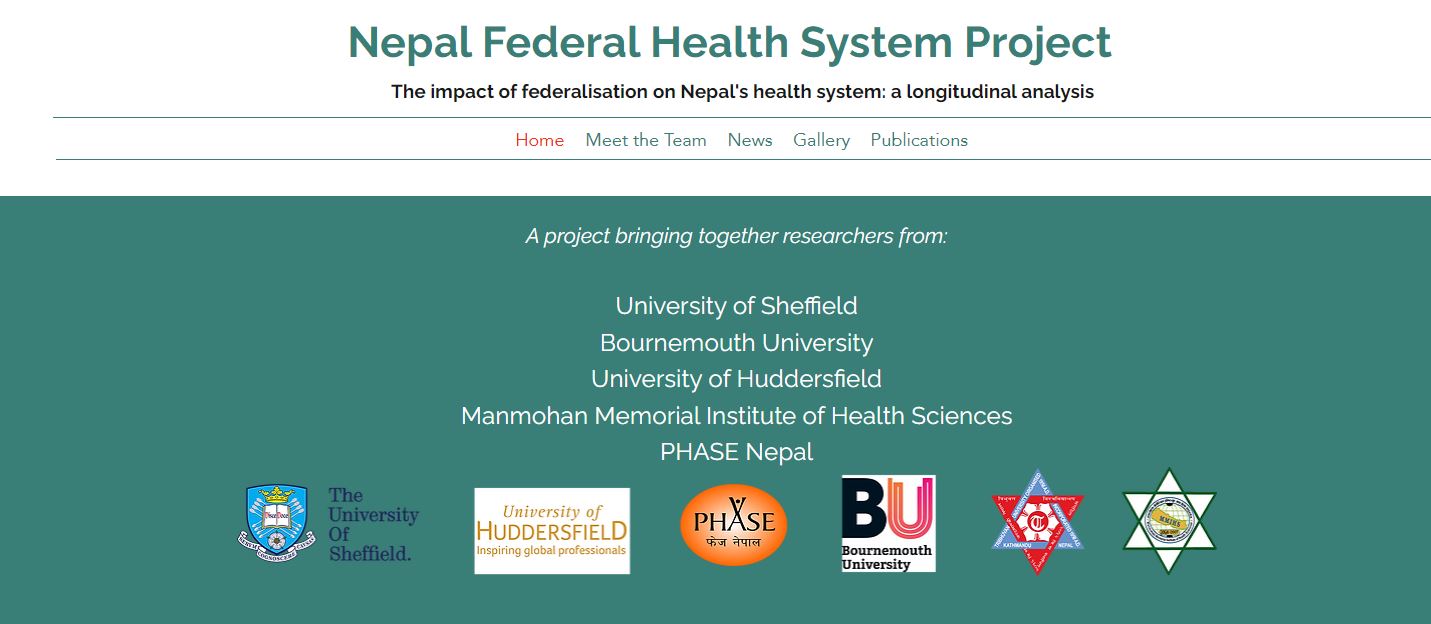
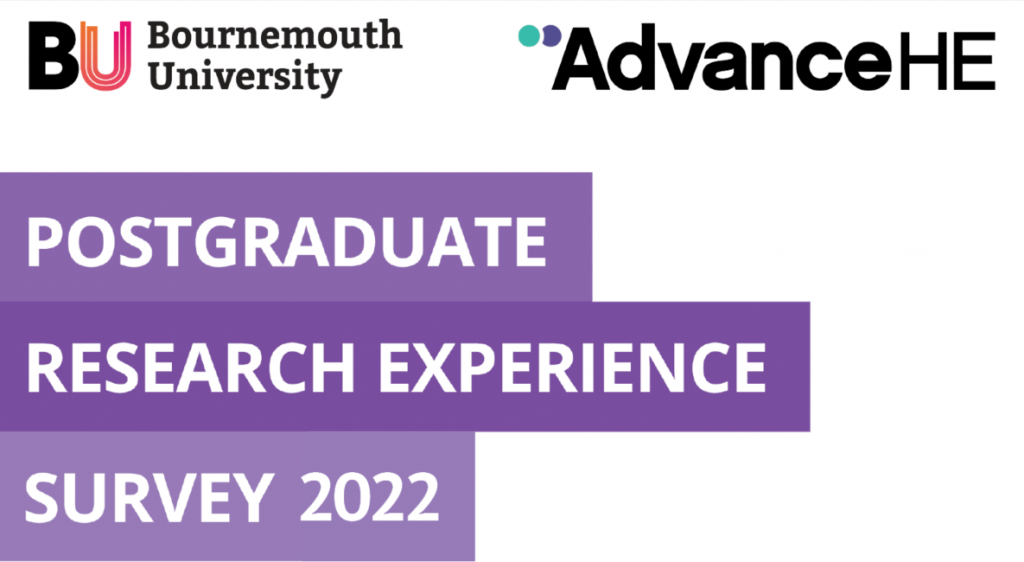

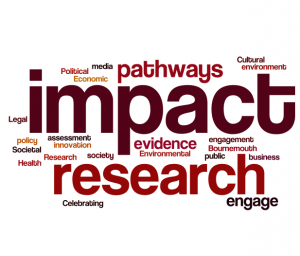
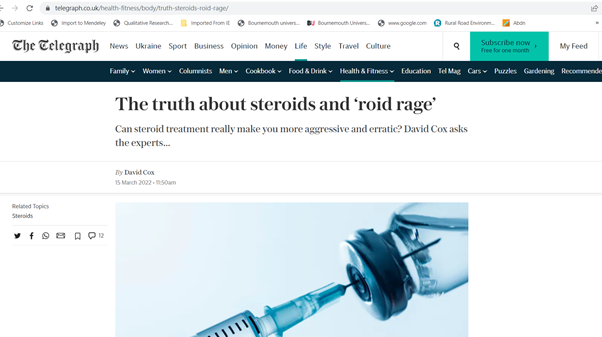

 Funding development briefings will continue in March as usual on Wednesdays at noon, however there will be some changes because all RDS Research Facilitators have recently been hit by COVID-19.
Funding development briefings will continue in March as usual on Wednesdays at noon, however there will be some changes because all RDS Research Facilitators have recently been hit by COVID-19.










 TANGERINE project has lift off with BPC Indian Community!
TANGERINE project has lift off with BPC Indian Community! Postgraduate Research Experience Survey (PRES) 2024 – Closing today
Postgraduate Research Experience Survey (PRES) 2024 – Closing today THE INNOVATION COMMON ROOM: Going Old School
THE INNOVATION COMMON ROOM: Going Old School Apply for up to £1,000 to deliver an event and take part in a national festival of public engagement with research
Apply for up to £1,000 to deliver an event and take part in a national festival of public engagement with research MSCA Postdoctoral Fellowships 2024
MSCA Postdoctoral Fellowships 2024 Horizon Europe News – December 2023
Horizon Europe News – December 2023